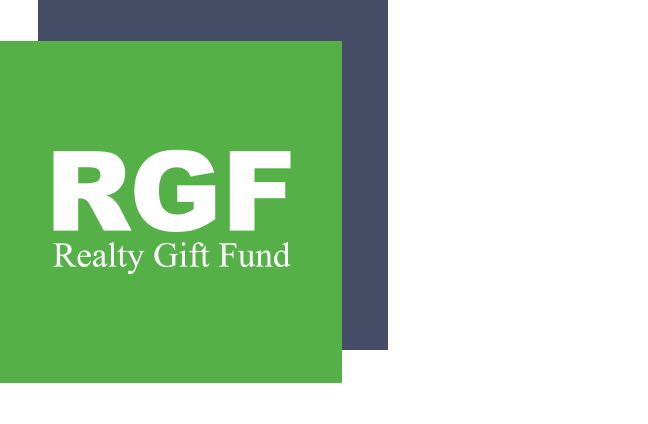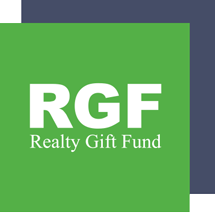
Gifts of Real Estate - Tradelands
Original Article By David Allen, Development for Conservation »
Readers, I’d like you to meet my new friend RGF. RGF stands for Realty Gift Fund, and they buy and sell real estate for nonprofits.
RGF, I’d like you to meet Readers. These are some of my best friends from all over the country. These great people are raising money for land conservation and protecting the most important country in the country - for plants and animals, for clean air and water, for agriculture and recreation, for mental and physical; health, and for climate resiliency.
They are family.
You two are going to like each other.
When I first met RGF, I approached it with the same suspicion as I did with syndication. Where’s the catch? What’s the scam this time?
I haven’t found it yet.
First of all, RGF is also a nonprofit. Formed three years ago by three individuals who have spent their lives speculating on real estate. Evaluating, buying, fixing-up or repurposing, marketing, and selling. Profit-motivated, smart, savvy, and experienced. And successful.
They are now turning that talent and experience to benefit nonprofits.
And land conservation was made for them.
How many times have we been offered property that didn’t fit our conservation criteria? Maybe from a donor who simply wanted an easy way out of ownership? Or as a part of an estate? Or property that was too small? Or too developed - not enough conservation value? Or too encumbered - complex ownership or title that wasn’t clean?
Or what if the property wasn’t being offered completely free, but the owner essentially wanted to sell it as a bargain sale? We might take it with conservation value, but for resale?
In most cases. we end up saying no, as gently as possible. Why inherit a headache when we have so much to do?
What if we could say yes?
What if we could help the donor use it to make a major - and meaningful - gift? What if we could help them avoid capital gain taxes, take their lawful tax deduction for the full fair market value of the property, and get out from under their ownership?
What if we could use the money to help buy and endow land that did have conservation value?
RGF is set up to do exactly that.
EXAMPLE:
As is true with any transaction involving real estate, there are costs associated with the transaction, including in some cases cash returning to the donor. Perhaps someone has property worth $500,000 and they need to get $200,000 back. Say the closing costs are $20,000. So, it costs $220,000 to acquire property worth $500,000. When (if) the property sells for $500,000, the difference, in this case $280,000, becomes the charitable gift.
RGF will take some - essentially a broker fee, and there is a minimum. That’s how they fund their nonprofit. The rest is available to be directed by the donor to a nonprofit of their choice - us.
Is RGF willing to consider looking for conservation buyers? Yes - in fact, they might even be interested in having conservation buyers directed to them for opportunities.
Is RGF willing to consider eased properties? Yes, assuming the encumbered property still has a market - that the restrictions don’t make it impossible to sell.
Does RGF take everything? No. They don’t take properties for which there is no market or properties where the projected gift would be too small. And they don’t take time shares.
Real estate is an appreciated asset in most cases. For the right donor, it represents one of the largest gifts they could possibly make - a major gift that might be unthinkable if it was cash. The land conservation community is well-versed in the real estate business for properties that have significant conservation value. But to this point, we have been reluctant to accept most gifts of real estate that have little to no conservation value. At TNC, we called these properties “tradelands.”
RGF can help. In fact, helping liquidate tradeland gifts is their nonprofit mission.Welcome to the family.
Stay safe and stay well. And have a great week!
-da

